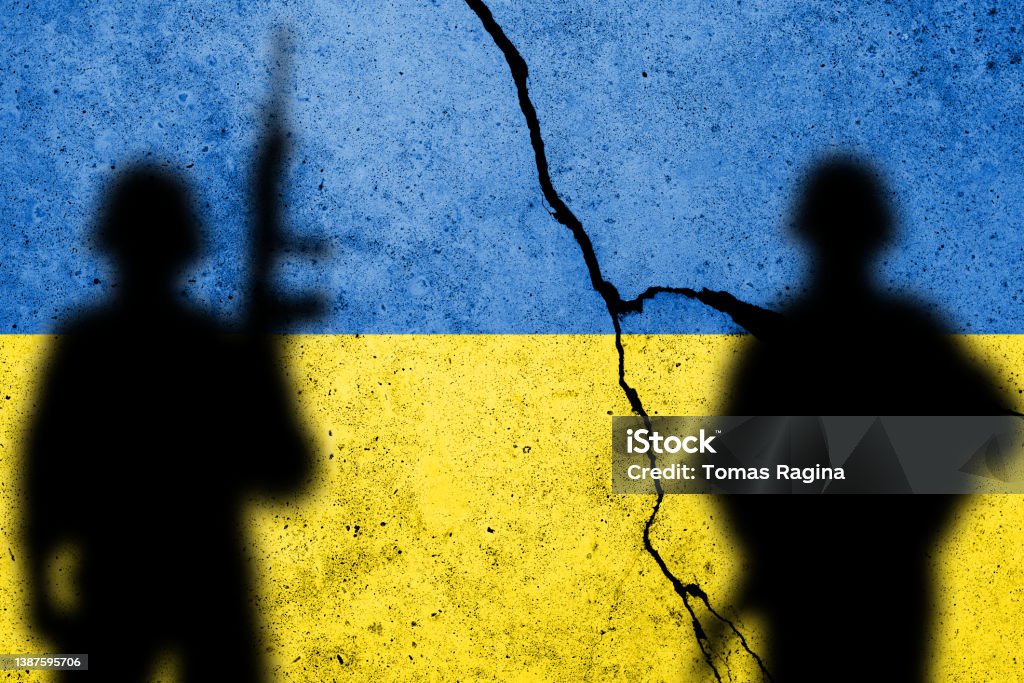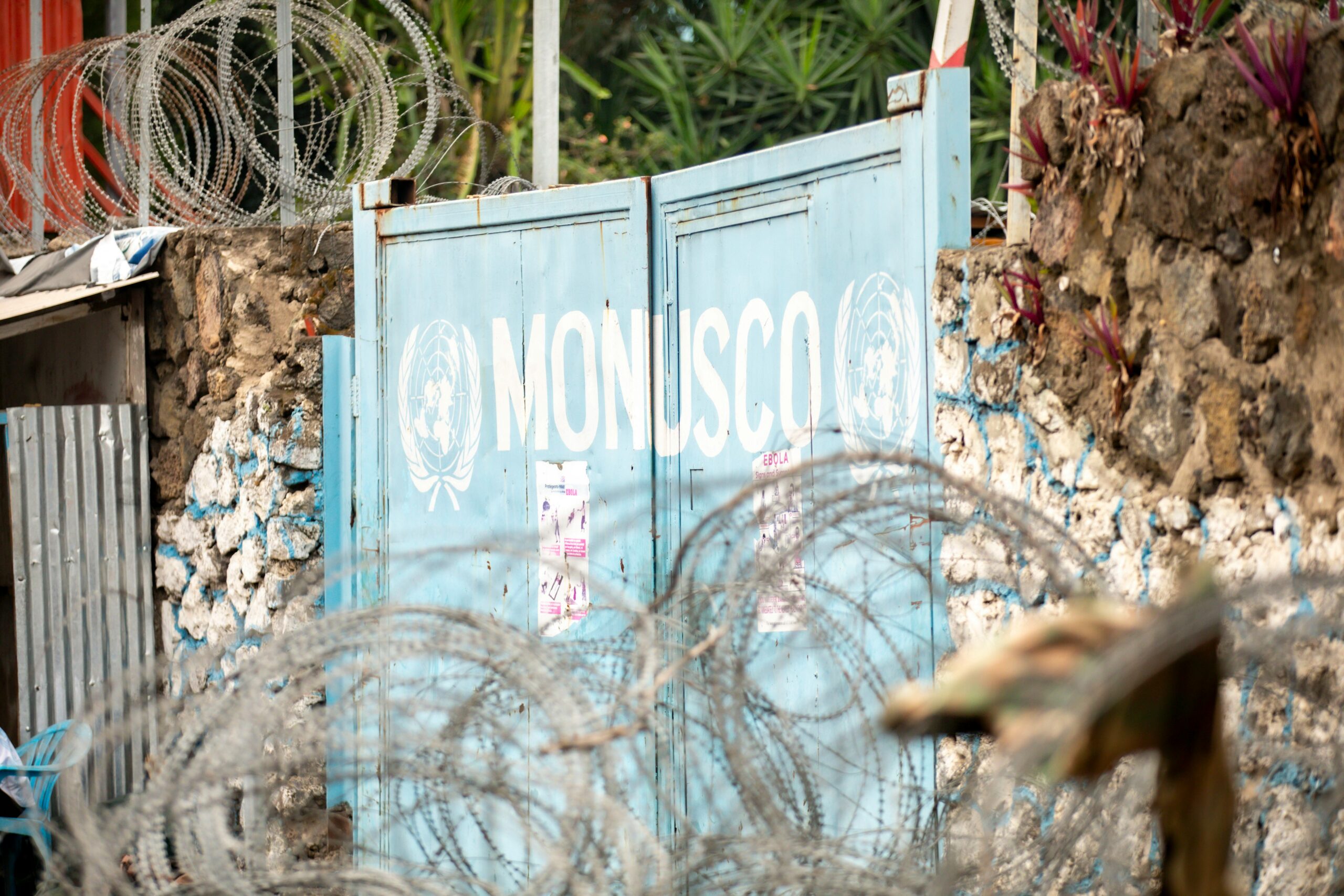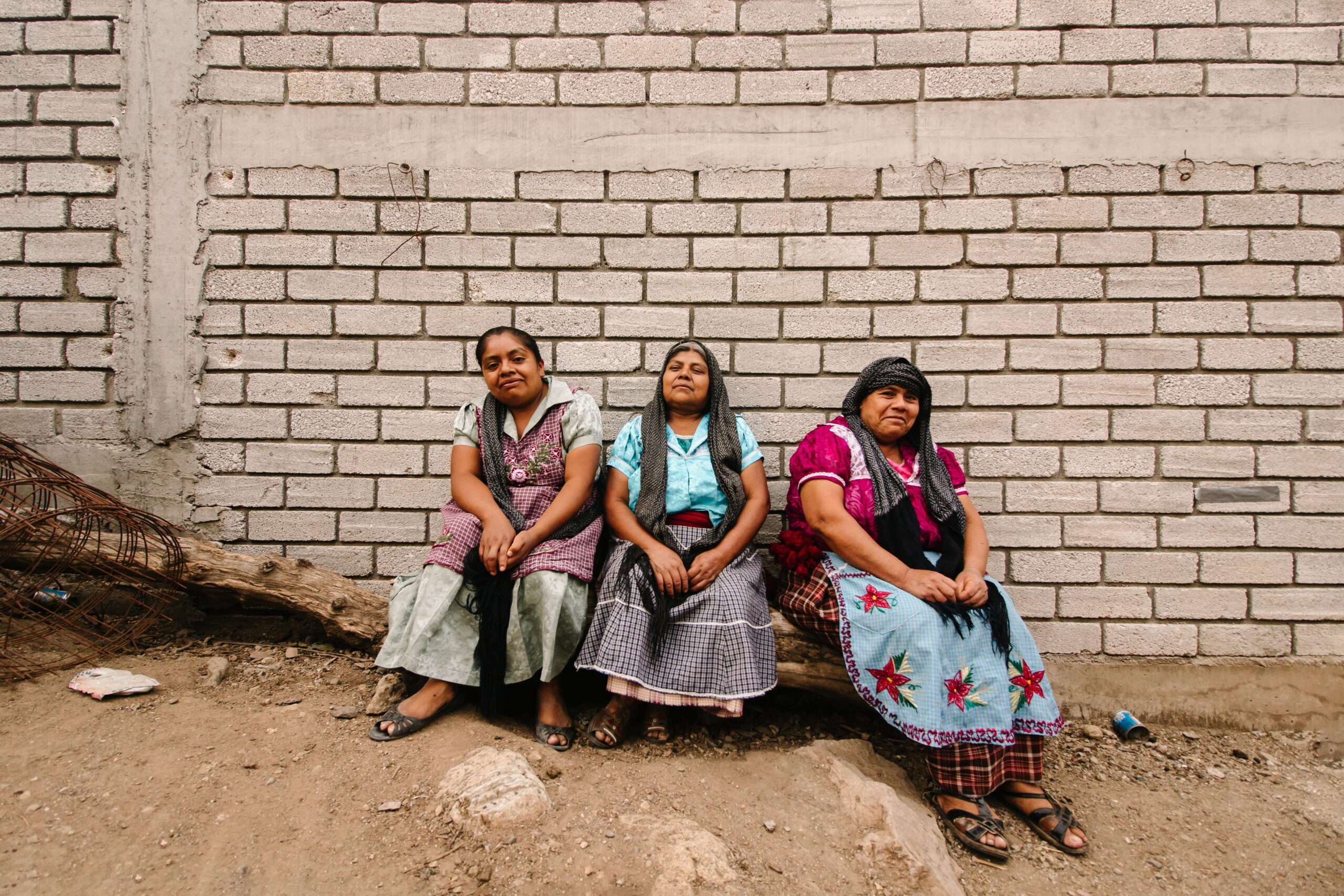By Albin Nilsson
Many assumptions regarding conflict and gender exist. Who goes to the front lines? Who is considered allowed to continue with their daily life? Who is an actor of agency and who is seen as apathetic? When viewing news regarding the Russo-Ukrainian conflict it’s usually men in uniform with guns portrayed together with other men in governmental buildings executing orders and deciding on policies. Women are seen interviewed in their homes, on city streets or as refugees abroad. Male dominance results in men being portrayed as powerful and capable whereas women are reduced to passive victims in need of protection. There’s a big misunderstanding of women in war.
Militarization and gender inequality
Today’s society has a strong patriarchal outlook on conflict. This is something that increases gender inequality during conflict. Due to the structures and perceivings of how different genders act and are affected by war, women have a harder time reaching positions of power, in particular in relation to conflict. This adds onto the growing problem by reinforcing gender stereotypes and discrimination. There shouldn’t be any doubt that women are affected by war in terrible ways. Women, like anybody, experience the horror of war. There’s even a case to be made that women experience more violence than men. Displacement and sexual violence are issues more prevalent to women. If you’ve ever been on a bus leaving Ukraine you’d notice that there are almost only women on board. Not only that: women from occupied regions or places severely exposed to the Russian terror are also displaced within the country. They’re risking further marginalization economically and socially while having their safety at risk of exploitation; sexually or otherwise. This is both evidence of and a basis for gender inequality.
Women in war and the future of female agency
However it’s wrong to reduce women to passive victims in descriptions of the conflict at hand. Since the start of the 2022 full-scale invasion the Ukrainian army has seen an increase of 40% more women. Now it has the largest percentage of female soldiers in any military force in the world. Women contribute immensely to all cornerstones of society and the war effort. Perhaps as the face of the conflict, president Volodymyr Zelenskyy constantly gets praised by media and the international community yet first lady Olena Zelenska gets little to no attention despite immense humanitarian work and lobbying for Ukraine’s cause. This goes to show that women are primarily portrayed as anonymous, sufferers and survivors rather than actors, fighters or heroes . This is something in need of change. If the world portrays women like this they risk losing their agency. With a lost agency a dark spiral ensues in which it will be harder for women to pursue leadership and participation because of the structures’ stripping of their agency. This further exacerbates the problem. Negative systems are enforced while positive ones are threatened. A lot can be done about the future of female agency and decline of inequality in war. Challenging masculine constructions results in diminishing of male dominance and violence which will lead to peace, security and equality. Further it will give women more space in decision-making and peacebuilding which gives female perspective and reform. With this implemented mitigation of inequality in future conflicts, and peacebuilding, is within reach.
When peace comes it will not be simply because of men fighting the physical war. It will also be because of the brave and valuable women of Ukraine who through agency, not apathy, lead in combating the criminal Russian warfare. Sadly it risks not being recognised as such due to the societal structures of inequality. In Ukraine, as well as any other conflict on the planet, there’s a call for a revision of security related to women and inequality in order to bolster female agency. Hopefully that can happen so that the Ukrainian women can serve as an example of how women play a vital role in conflict and are in fact not passive victims.




